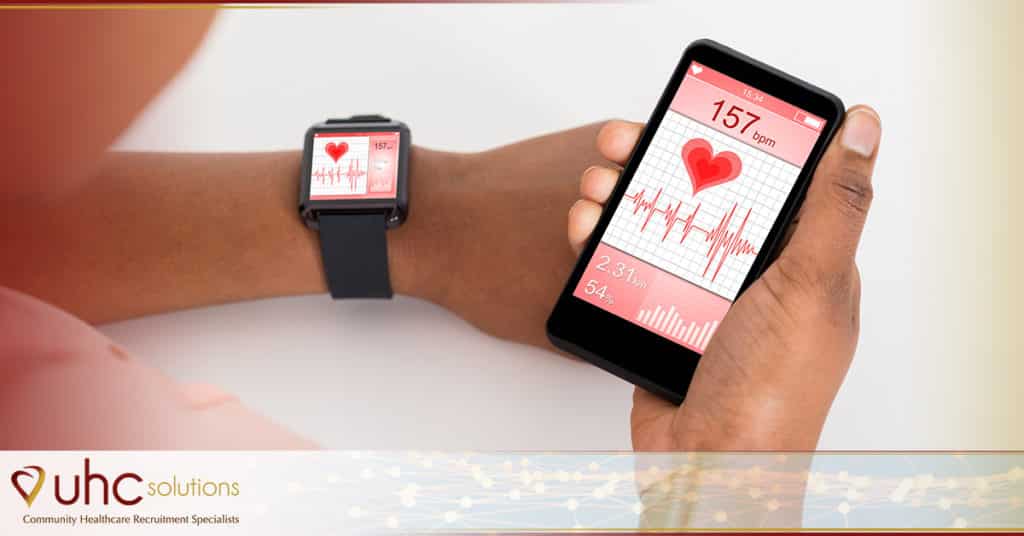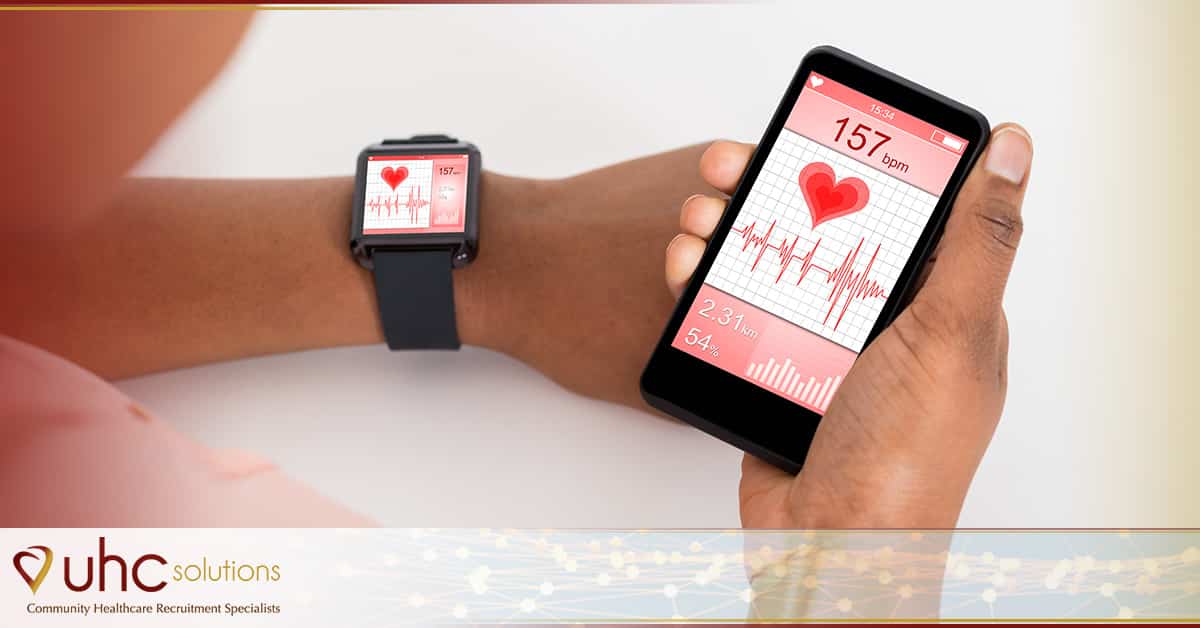Wearable technologies from Fitbits to FDA-approved remote monitoring devices are the latest technology disruptors to hit the healthcare industry. These tools have been helping doctors learn more about their patients’ exercise habits, as well as positively impacting their efforts to track how patients are healing – even when they are at home. Whether it’s remote heart monitoring of patients after surgery or simply collecting data on a diabetic’s health habits, wearable devices are having an impact. Here are some of the ways these digital technologies are changing healthcare.
Types of Devices
There is a growing volume of these devices; fitness trackers are just the tip of the iceberg. These devices include hardware, computer software, and the internet to transmit data. The wearable or implantable device collects patient data and sends it through the cloud to a remote monitoring tool, which could be a smartphone or a web-based dashboard a clinician can access.
For example, imagine you are a patient in a weight loss clinic. Your wearable fitness tracker can capture your activity and send it to a dashboard. Text messages could be automatically activated to encourage your workout or make dietary suggestions. That data could be reviewed as part of a clinical exam or influence changes in a diet and exercise plan.
The latest digital device sounds like science fiction. The FDA just approved a digital pill that, when the patient swallows it, sends a signal to a mobile application. This ingestible sensor is only the latest in a growing field of Internet of Things (IoT) devices that can provide data to doctors even when the patient is no longer in the hospital. There are even “smart beds” that remotely monitor patients for bedsores, and can automatically change the height of the bed to keep them more comfortable. IoT devices are the future of healthcare – and we are just getting started.
Data, Data, Data
Digital wearable devices are electronic tools that measure the health of patients and transmit data through the internet and to a clinical provider. These devices work by capturing data and providing actionable insight for clinicians. For example, cardiologists can now track heart rhythms measured against how the patient behaves. This can generate a tremendous amount of data across a patient base in clinical trials, which potentially could affect treatment modalities, not to mention changing how patients are treated in real-time.
What’s Next for Wearables?
New wearable technology is in the works such as biosensors that track heart rate, respiratory output, temperature, posture, physical activity, and more. These devices hold real promise for chronically ill patients seeking new ways to stay at home instead of being admitted to an inpatient facility. It is in this way that healthcare costs over time could be cut by reducing very expensive inpatient admissions.
Wearable devices will have an impact in the future for diseases like diabetes, heart disease, pulmonary disease, and many more. These devices improve care for patients by keeping doctors connected to patients even when they are at home.
At UHC Solutions, we specialize in crafting strong leadership teams for healthcare facilities like yours. If you are looking to reshape your executive leadership to be ready for the upcoming year, contact our healthcare recruiters today.





